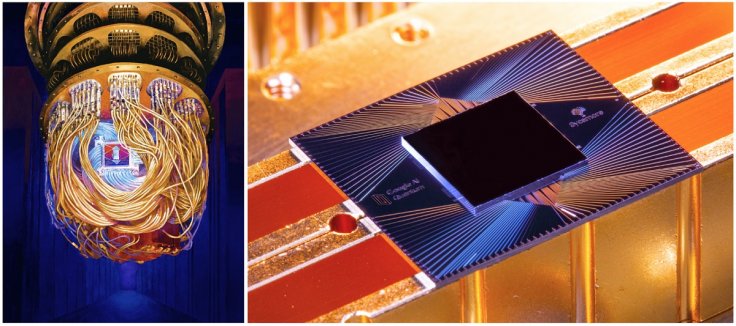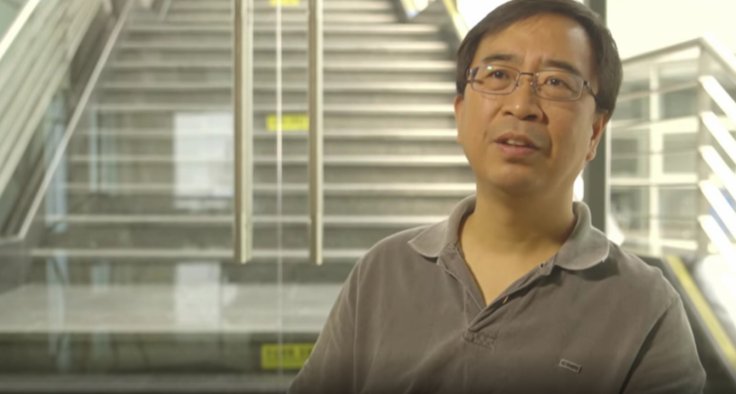A Chinese scientist has claimed to have built the world's fastest quantum computer — a million times faster than Google's Sycamore. The scientist is none other than Pan Jianwei, China's leading quantum physicist who led the country to the world's first quantum satellite and the longest quantum communication network.
Pan, a physicist at the University of Science and Technology of China, revealed the development on September 5 during a lecture at Westlake University, Hangzhou, adding that his team had achieved "quantum supremacy".
Better than Sycamore?
In classical computers, information is encoded in bits with a binary value of 0 or 1. In quantum computing qubit (quantum bit) is equivalent to a classical binary bit. But it is a subatomic particle that uses the polarization of a photon or the rotation of an electron to perform calculations.

Google's Sycamore had 54 qubits when it was first developed in 2019 and it could solve a problem in 200 seconds while the fastest supercomputer could take 10,000 years as per the company. As per a Global Times report, Pan's quantum computer claims to have 60 qubits, making it essentially faster than Sycamore.
However, a greater number of qubits don't necessarily indicate how fast a quantum computer can be. Instead, its superconductivity is measured in fidelity (accuracy rate). The Chinese quantum computer claims to have 99.5 percent fidelity. The aim is to achieve a million-qubit level with 99.8 percent fidelity in the next 10 years.
In addition, it's not clear how he compared Google's quantum computer with his. Quantum computers are built for a specific task rather than a general one like calculation. Thus, Pan's quantum computer has a different design than Sycamore. The Chinese equivalent simulates how light reflects through a chamber of crystals. When a light particle hits a crystal, it reflects off and as the particles increase, the situation becomes more complex. Sycamore, on the other hand, was developed with a "random circuit" design.

'Further verification' Needed
While the claim is a significant advancement in quantum computing, Pan was cautious in his approach, saying "further verification" needed to substantiate the development. So far, the team hasn't published a paper on the project. However, as media outlets from Mainland China celebrated the achievement, Pan released a statement on Weibo saying that he was "deeply worried" about the reports as he was quoted out of context. He added that the results were preliminary and there was "no 100 percent guarantee until further verification."
As China wants to become a world leader in quantum computing, his team received consistent financial support from the government for nearly two decades. A member of his team told South China Morning Post that they were under pressure to come up with a result.
While there are various applications of a quantum computer including artificial intelligence, cybersecurity, code-breaking among others, Pan's project does not have an immediate target to achieve. "Not all fundamental research work has an immediate application in sight," the unnamed physicist said.
If Pan's work becomes the fastest quantum computer, China will definitely take a leap. But in June (2020), Honeywell's quantum computer H0 claimed to be the fastest with 64 qubits. It remains to be seen if Pan's computer is actually faster than Honeywell. Google's Bristlecone quantum computer has 72 qubits with a different design with just a 0.1 percent error rate in single qubit-gate and 0.6 percent in two-qubit gates.









